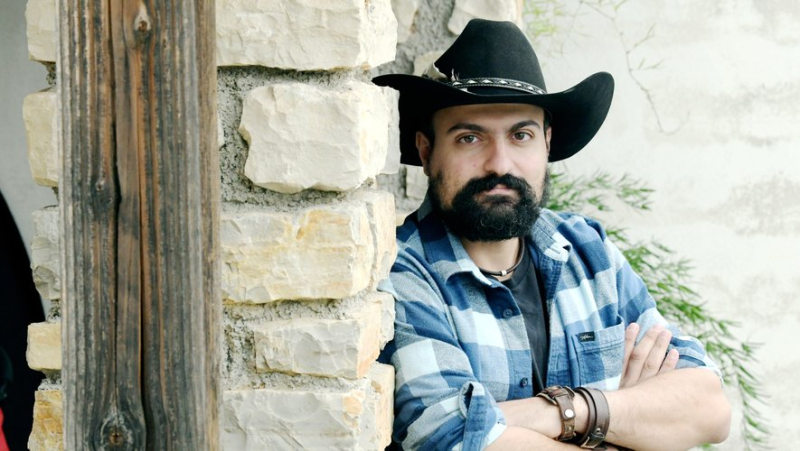“We will have to invest billions of euros”: Serge Zaka challenges public authorities on Saturday at Le Monde Nouveau in Montpellier

Serge Zaka, agroclimatologue. Midi Libre – MICHAEL ESDOURRUBAILH
Entre la crise climatique, écologique et sociale en cours, quels sont les défis à relever pour le monde agricole ? Serge Zaka apportera son éclairage au Monde nouveau, le 5 octobre, à Odysseum.
If you had to take stock of the impact of climate on agriculture, what would it be?
Over the past five years, the state of affairs has been very telling. In 2021, agriculture lost 2 billion euros due to early-ripening plants. In 2022, between heatwaves and drought, around a hundred million went up in smoke. With excess water in 2023 and 2024, cereal harvests suffered losses of around 30 to 40%. In fact, there is an increase in climate effects, but they are not the same from one year to the next, which makes the job of farmer more and more complicated.
Is sustainable agriculture the solution to deal with climate change and allow farmers to continue producing??
In debates on this subject, we regularly mention organic farming, hedgerow planting, agroforestry, ponds and biodiversity, but we very often forget the soil, more precisely the sustainability of soil life. This is important because it is, for example, a solution to drought rather than turning immediately to irrigation.
To bring about sustainable agriculture, shouldn't we also review our priorities in terms of crops, or even change gear for some of them??
This is indeed a consideration to take into account, even if this option is the most expensive and takes the longest to implement. Nevertheless, it is the solution. In any case, and agricultural research is working in this direction, we need to find varieties that consume less water, consider new crops such as sorghum, pistachio, fig, pomegranate, almond, olive, persimmon, sweet potato, chickpea, etc., because they are much more sustainable and adapted to the climate changes we are experiencing.
In other words, we are not at an impasse, and we have many solutions to the climate crisis. But to get out of it and make these sectors powerful by 2050, we will need to invest billions of euros. To do this, the State must commit and instill a common basis. Unfortunately, this is not the case. We are more on the policy of the small Band-Aid, which will not solve anything. Finally, Europe also has its role to play.
“Supporting the emergence of sustainable agriculture” (part 1), Saturday October 5 at 10:30 a.m. at the Auditorium at Planet Ocean in Montpellier.




